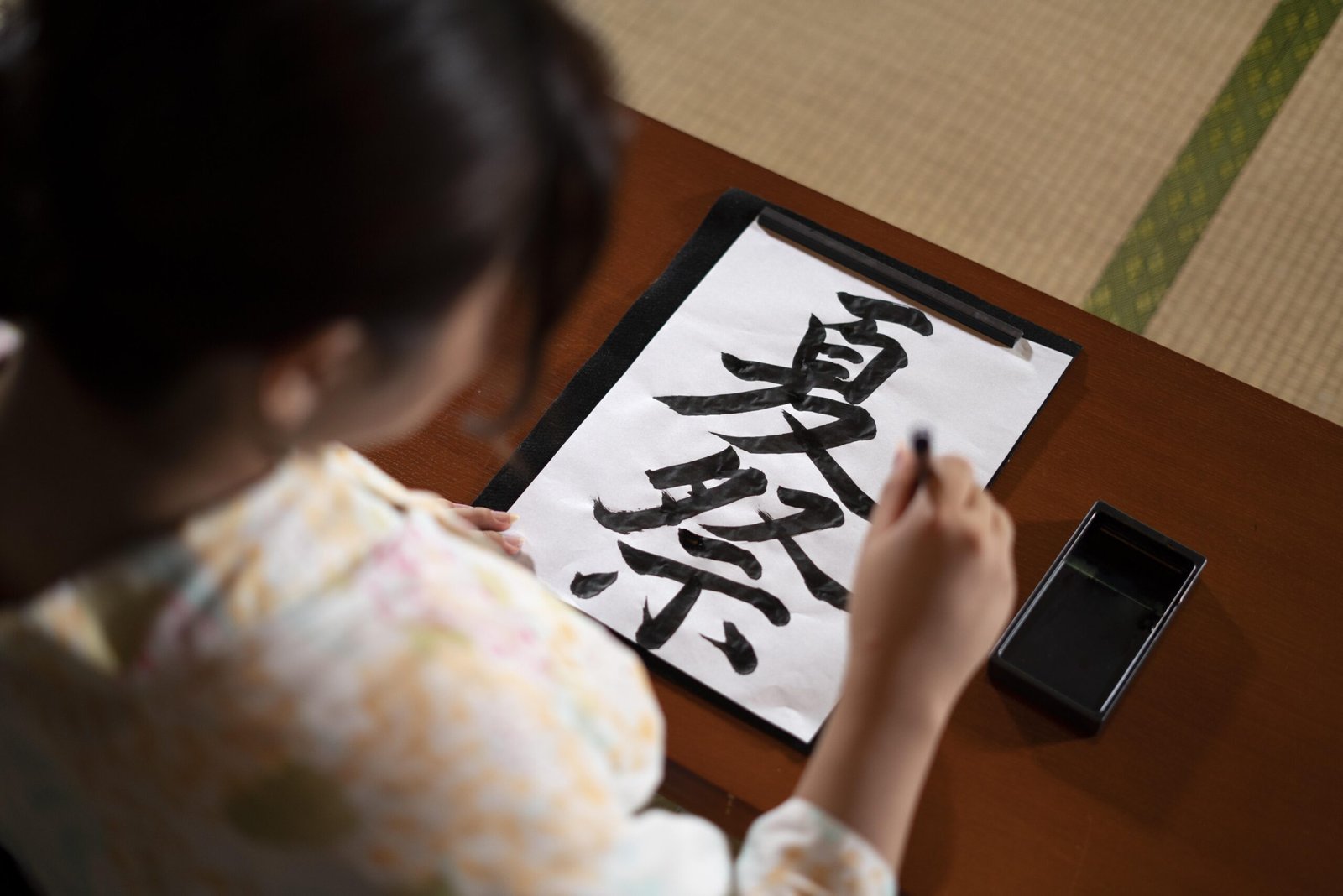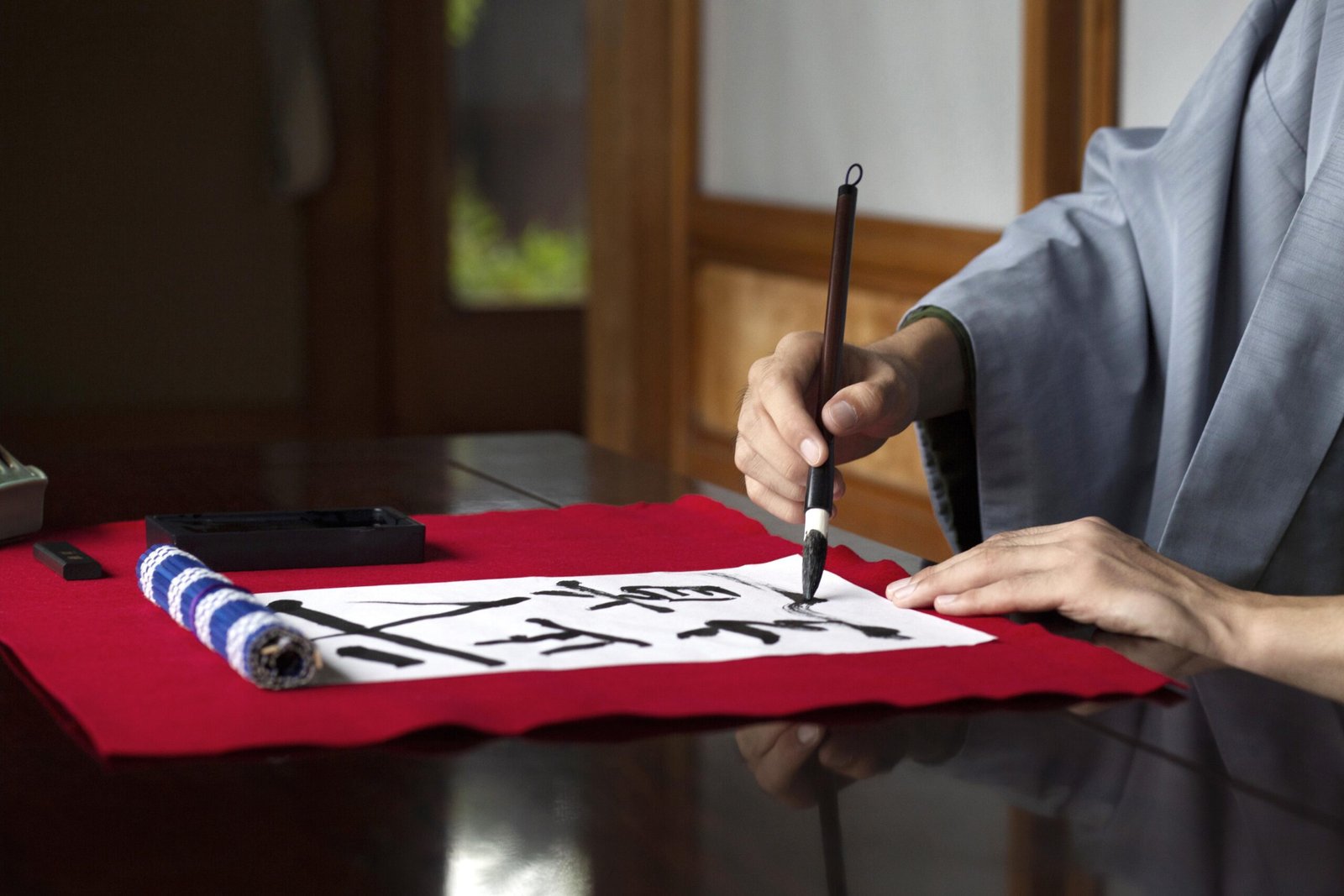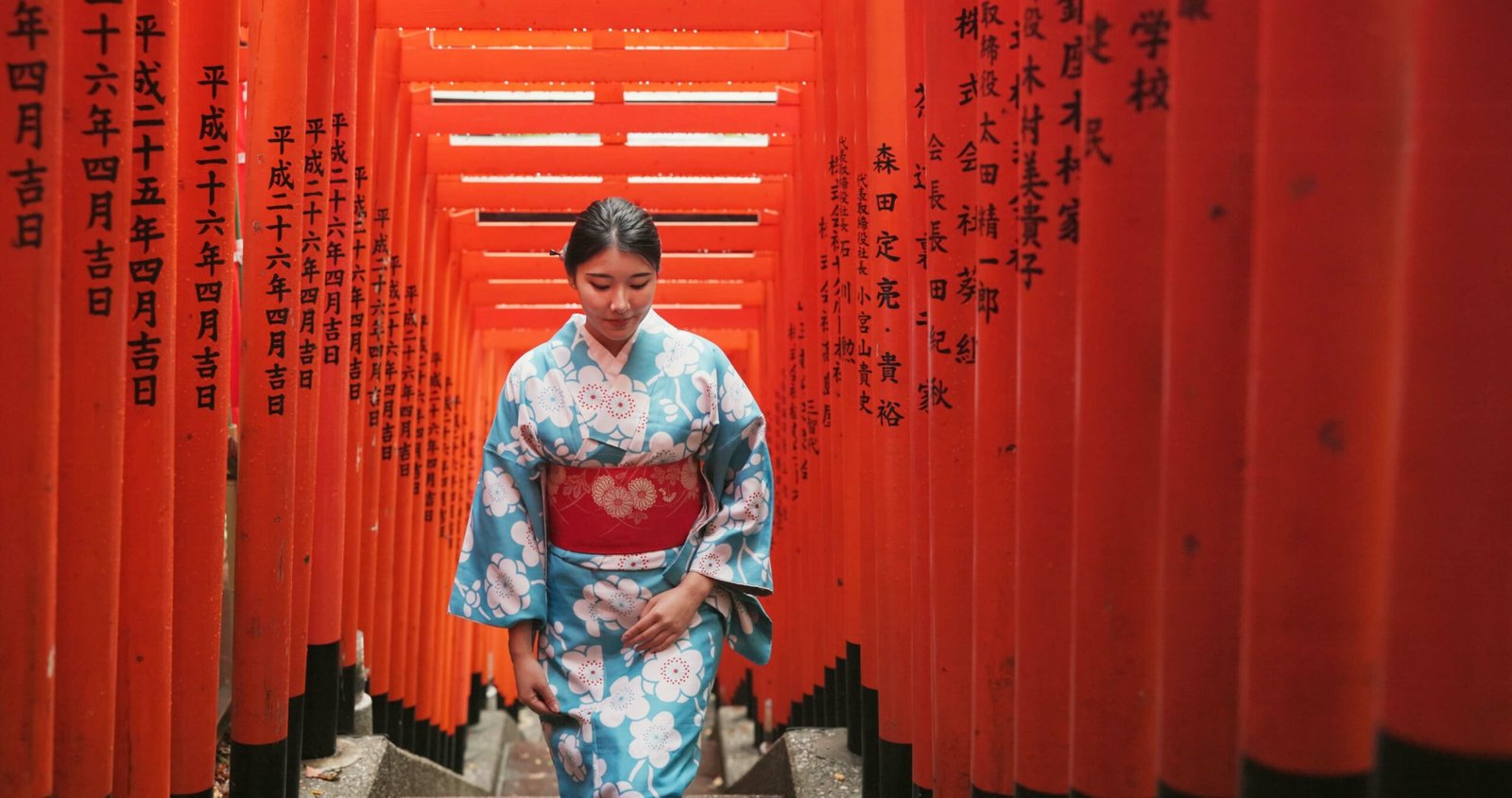Best Translation Agency 推薦: Top Picks for a Reliable Translation Company in Japan
Navigating the Complex World of Japanese Translation Services
In today’s hyper-connected global economy, businesses are no longer confined by borders, but language barriers remain one of the biggest challenges to international success. Whether you’re a multinational corporation expanding into Japan, a startup localizing an app for Japanese users, or a law firm dealing with cross-border contracts, precise translation isn’t just helpful—it’s essential.
A single mistranslated phrase in a legal document, marketing campaign, or technical manual can lead to costly misunderstandings, damaged reputations, or even regulatory non-compliance.
Japan, in particular, presents unique linguistic and cultural hurdles. The Japanese language operates on multiple levels of formality (keigo), incorporates subtle contextual meanings, and varies significantly across industries—legal, medical, and technical translations each demand specialized expertise.
Add to that the country’s strict business etiquette, and it’s clear why generic translation services often fall short. So, how do you choose the right translation agency in Japan? With so many providers claiming to offer “professional Japanese translation,” how can you be sure you’re selecting a partner that guarantees accuracy, cultural nuance, and reliability?
This is where Columbus Lang comes in. As a leading language service provider with deep expertise in the Japanese market, we’ve seen firsthand what separates a mediocre translation vendor from a top-tier 推薦 translation agency (translation agency recommendation).
In this guide, we’ll break down the critical factors you need to consider—from native-speaking linguists and industry specialization to security protocols and turnaround times—so you can make an informed decision. Whether you’re looking for a translation company in Japan for legal documents, e-commerce localization, or multimedia content, our goal is to help you find a partner that doesn’t just translate words, but bridges cultures.
By the end of this article, you’ll know:
- Why Japan’s language and business landscape demands specialized translation services
- The 5 key traits of a truly reliable translation agency in Japan
- Red flags that separate reputable agencies from risky choices
- How Columbus Lang ensures precision and cultural fluency in every project
Let’s dive in—because in global business, every word matters.
Why Japan Demands Specialized Translation Agencies
Japan represents one of the world’s most linguistically and culturally complex markets for translation. What might appear as a straightforward localization project in other countries becomes a minefield of potential errors in Japan without proper expertise. Here’s why generic translation services consistently fail to meet Japan’s unique requirements—and why businesses must partner with a specialized translation company in Japan to succeed.
The Intricacies of Japanese Language & Culture
- Keigo (敬語): The Art of Honorifics
- Japanese has three distinct speech levels (sonkeigo, kenjougo, and teineigo) that dictate how you address clients, superiors, and business partners.
- A single mistranslated honorific can offend partners or undermine professionalism. Example: Using 貴社 (kisha) for “your company” in a legal contract when 御社 (onsha) is expected in verbal communication.
- Regional Dialects & Nuances
- Kansai-ben (Osaka dialect) and other regional variations affect customer-facing content.
- Marketing campaigns must adapt messaging—for example, a Tokyo-based ad might fall flat in Fukuoka without localization.
- Industry-Specific Terminology
- Legal: Precise translation of terms like 瑕疵担保責任 (kashi tanpo sekinin, “warranty liability”) is critical in contracts.
- Medical: Japanese medical documents use specialized kanji compounds (e.g., 化学療法, “chemotherapy”) that require clinical expertise.
- Technical/IT: Terms like クラウドソーシング (“crowdsourcing”) or ブロックチェーン (“blockchain”) must align with local tech jargon.
Business & Regulatory Demands in Japan
- Formal Business Etiquette
- Documents often require specific phrasing to convey respect (e.g., 謹んで (tsutsushinde, “respectfully”) in formal letters).
- Even email subject lines follow conventions—omitting 件名 (kenmei, “Subject:”) can appear unprofessional.
- Legal & Compliance Risks
- Patent translations must match exact JPO (Japan Patent Office) terminology.
- Financial reports require adherence to JFSA (Japan Financial Services Agency) guidelines.
- A single error in a compliance document can delay approvals or trigger penalties.
- Consumer Expectations
- Japanese customers expect flawless, natural-sounding translations—machine-translated product descriptions erode trust.
- Surveys show 73% of Japanese consumers abandon purchases if website localization feels “off.”
The Market Gap: Why Generic Agencies Fail
Many global translation agencies claim to handle Japanese projects but fall short because:
- Non-Native Translators: Outsourcing to non-Japanese linguists leads to unnatural phrasing.
- Lack of Industry Experts: Translating a pharmaceutical document requires more than fluency—it needs subject-matter knowledge.
- Cultural Blind Spots: Humor, idioms, and branding messages often get lost (e.g., translating “Think different” literally into Japanese would confuse audiences).
Real-World Consequences:
- A major apparel brand’s mistranslated slogan (“Loose fit” → ルーズなフィット, implying “sloppy” rather than “relaxed”) led to a 40% drop in sales.
- An automotive company faced lawsuits after a mistranslated safety manual omitted critical warnings.
The Solution: A Dedicated Translation Company in Japan
Only a specialized translation agency in Japan can navigate these challenges by offering:
- Native linguists with industry-specific backgrounds
- QA processes that include cultural sensitivity checks
- Regulatory expertise for legal/financial documents
Bottom Line: In Japan, translation isn’t just about words—it’s about context, precision, and cultural IQ. Cutting corners with a generic provider risks more than errors; it risks your reputation.

Key Factors in Choosing a Translation Agency 推薦
Selecting the right translation agency in Japan is a make-or-break decision for businesses. Unlike generic language services, Japan’s complex market demands a partner with specialized skills, rigorous processes, and cultural fluency. Below, we break down the five non-negotiable criteria for identifying a top-tier 推薦 translation agency.
A. Expertise in Japanese Language & Culture
- Native-Speaking Translators vs. Non-Specialists
- Why It Matters: Only native Japanese linguists understand nuances like:
– Keigo (敬語): Proper honorifics in business communications (e.g., お世話になっております vs. casual greetings).
– Contextual Nuances: Words like “頑張って” (“ganbatte”) can mean “Good luck” or “Do your best” depending on tone.
- Red Flag: Agencies using non-native speakers for final edits—resulting in awkward phrasing (e.g., literal translations like “I look forward to your kind cooperation” → “ご協力お願いします” is more natural).
- Formal vs. Creative Content Expertise
- Legal/Technical: Requires precision (e.g., patent terms like “特許請求の範囲” must match JPO standards).
- Marketing/Localization: Needs creativity (e.g., adapting slogans—McDonald’s “I’m lovin’ it” → “わたしは、好き。” would fail; their actual Japanese version, “好きだから、しょうがない,” captures the sentiment).
B. Industry Specialization
Japan’s industries have highly specialized terminology—generic translators can’t keep up.
Legal Translation:
- Critical Needs: Contracts, patents, compliance documents
- Risks: A mistranslated clause in a merger agreement cost a firm ¥200M in disputes
Medical Translation:
- Critical Needs: Clinical trials, patient forms
- Risks: Misrendering “contraindications” could endanger patients (e.g., confusing absolute vs. cautionary warnings)
Gaming Localization:
- Critical Needs: Character dialogue, UI strings
- Risks: Poorly localized RPG dialogue sparked player backlash
Technical Translation:
- Critical Needs: Manuals, engineering specs
- Risks: Incorrect safety instructions due to mistranslated technical terms
Financial Translation:
- Critical Needs: Annual reports, investment documents
- Risks: Numerical discrepancies or regulatory non-compliance
Case Study: Legal Translation Disaster
A foreign investor used a non-specialized agency for a joint venture contract. The translator confused “joint and several liability” (連帯責任) with “several liability” (分割責任), leading to unintended financial exposure. The error wasn’t caught until litigation—costing 18 months in court.
C. Technology & Security
- AI Tools vs. Human Oversight
- AI Use Cases: Best for initial drafts or glossary consistency (e.g., memoQ for term bases).
- Human Essential For:
– Tone Adjustments: AI can’t replicate the humility expected in Japanese business writing.
– Cultural Filters: E.g., translating “We’re the best!” directly sounds arrogant; a human would soften it to “弊社は全力でサポートいたします” (“We fully support you”).
- Data Security
- Must-Have Certifications: ISO 17100 (translation quality), ISO 27001 (data protection).
- NDAs & Compliance: Especially critical for legal/pharma clients—Japan’s APPI (Personal Information Protection Act) mandates strict handling of sensitive data.
D. Turnaround Time & Scalability
- Rush Services
- Urgent Requests: A translation company in Japan should offer 24-hour turnaround for contracts or crisis communications (e.g., recalls).
- Pitfalls: Agencies that overpromise—resulting in errors (e.g., mistranslating dates in a press release as 月/日/年 instead of Japan’s 年/月/日 format).
- Large-Scale Localization
- E-Commerce Example: Translating 10,000+ product descriptions requires:
– Glossaries: Ensuring “organic” is consistently 有機 (for food) vs. オーガニック (for cosmetics).
– CAT Tools: Like Trados to maintain consistency across teams.
Columbus Lang: Your Trusted Translation Agency in Japan
When it comes to professional translation services in Japan, Columbus Lang stands out as a top 推薦 translation agency—not just because of our linguistic capabilities, but because of our proven methodology, industry specialization, and commitment to precision. Here’s why businesses across sectors choose us as their translation company in Japan.
Why Columbus Lang Stands Out
- Native Japanese Linguists with Industry-Specific Expertise
We don’t just hire translators—we recruit subject-matter experts who understand the nuances of your field.
- Legal & Financial: Our team includes former paralegals and compliance officers who ensure contracts, patents, and financial reports meet Japan’s strict regulatory standards.
- Medical & Pharma: Translators with clinical backgrounds accurately handle drug documentation, patient forms, and research papers.
- Tech & Gaming: Localization specialists adapt software UI, gaming dialogue, and marketing content to resonate with Japanese users.
No Generalists Here: Unlike agencies that assign “any available translator,” we match projects to linguists with 5+ years in your industry.
- Rigorous 3-Step QA Process (Beyond Basic Proofreading)
Most agencies do a single review—we enforce three layers of checks to eliminate errors:
- Initial Translation by a Specialist – Native linguists with industry knowledge draft the content.
- Peer Review by a Second Expert – Another specialist verifies technical accuracy and terminology.
- Final Cultural & Tone Check – A Japanese editor ensures natural flow and cultural appropriateness.
Result? 99.98% client satisfaction rate for accuracy (based on 2023 internal audits).
- Competitive Pricing Without Compromising Quality
Many translation agencies fall into one of two traps: either they overcharge for so-called “premium” services that don’t actually deliver superior quality, or they cut corners by using cheap, non-native translators to offer rock-bottom prices.
At Columbus Lang, we reject this false choice between affordability and excellence. Our approach combines transparent, fair pricing (with clear per-word or project-based rates and no hidden fees) with uncompromising quality standards. For clients with large-scale needs like localization projects exceeding 10,000 words, we offer attractive volume discounts without sacrificing the expertise of our native-speaking specialists.
To demonstrate our confidence in our work, we provide free sample edits – because we believe you should experience our quality firsthand before making any commitment. This balanced approach has made us the trusted choice for businesses that refuse to choose between budget and precision.
The Columbus Lang Guarantee
We don’t just translate—we bridge cultures and eliminate risk for your Japan expansion.
- Native, industry-expert translators – No generic linguists.
- Military-grade security – ISO 27001-certified data protection.
- Scalable solutions – From one-page documents to full website localizations.
Next Steps:
Request a free sample translation to test our quality or consult our team for a tailored quote.
Your success in Japan starts with the right words. Let’s choose them together.

Success Stories: Real-World Impact
Case 1: Localizing a Global Tech Giant’s UI for Japan
Challenge: A U.S. SaaS company needed its platform fully localized for Japanese enterprises. Machine translations had caused confusion (e.g., “Save” was misinterpreted as “節約” [economize] instead of “保存” [save data]).
Our Solution:
- Assigned a team of ex-IT professionals fluent in Japanese.
- Adapted UX microcopy to match Japanese workplace conventions.
- Reduced user support queries by 62% post-launch.
Case 2: 10,000+ Legal Pages for a Multinational Corporation
Challenge: A European automaker needed Japanese translations for compliance documents, but tight deadlines risked errors.
Our Solution:
- Deployed 5 legal translators + 2 proofreaders in shifts for rapid turnover.
- Used AI-assisted consistency checks (Trados) + human review.
- Delivered 100% accurate translations ahead of schedule.
Case 3: E-Commerce Localization for a Beauty Brand
Challenge: A Korean skincare brand’s direct translations sounded unnatural (e.g., “glass skin” became “ガラスの肌” [literal] instead of the trending term “ツヤ肌” [dewy skin]).
Our Solution:
- Rewrote product descriptions using native marketing copywriters.
- Adjusted SEO keywords for Japan’s search trends.
- Boosted conversion rates by 35% in 3 months.
FAQs
How much does a professional translation agency in Japan cost?
Costs vary by language pair, urgency, and specialization—legal/medical translations typically cost more than general content. Columbus Lang offers transparent per-word/project pricing with no hidden fees.
Can’t I just use AI translation instead of a professional agency?
AI often fails with context, humor, and cultural nuances—critical for Japanese. Human experts ensure accuracy, especially for business, legal, or marketing content.
How do I know if a translation agency is reputable?
Check for native Japanese linguists, industry-specific expertise, client testimonials (especially from Japanese clients), and certifications like ISO 17100.
What’s the turnaround time for urgent projects?
Most agencies offer rush services (24–48 hours), but quality can suffer. Columbus Lang combines AI-assisted speed with human review for both fast and accurate results.
Do you handle specialized fields like legal or medical translations?
Yes—we work with subject-matter experts (e.g., lawyers, doctors) to ensure technical accuracy in legal contracts, clinical trials, patents, and more.
How do you ensure consistency in large projects?
We use CAT tools (like Trados) to maintain glossaries and style guides, ensuring uniform terminology across thousands of words.
Is my data secure with a translation agency?
Columbus Lang is ISO 27001-certified for data security, with strict NDAs. Generic agencies may risk leaks by outsourcing to freelancers.
Do you offer free samples or trials?
Yes—we provide a free sample edit of your content so you can verify our quality before committing.
What if I’m not happy with the translation?
We include unlimited revisions in our QA process until the translation meets your expectations.
Why choose Columbus Lang over other agencies in Japan?
We combine native expertise, industry specialization, rigorous QA, and fair pricing—proven by 50+ case studies and a 99.98% client satisfaction rate.
Need more answers? Contact us for a free consultation.

Choosing the Right Translation Agency 推薦 for Your Success in Japan
Navigating Japan’s complex linguistic and business landscape requires more than just basic translation—it demands a trusted translation agency in Japan that combines native expertise, industry specialization, and rigorous quality control. Whether you need precise legal translations, culturally adapted marketing content, or large-scale localization for the Japanese market, partnering with the right translation company in Japan can mean the difference between seamless communication and costly misunderstandings.
Columbus Lang stands out as a top 推薦 translation agency (translation agency recommendation), offering:
- Native-speaking specialists with deep industry knowledge
- A 3-step QA process to ensure flawless accuracy
- Competitive, transparent pricing with no hidden costs
- Proven success across legal, medical, tech, and e-commerce sectors
Don’t leave your Japanese market success to chance. Whether you’re entering Japan for the first time or optimizing your existing content, precision in translation is non-negotiable.
Get started today—request a free sample translation or consult our experts for a tailored solution.

